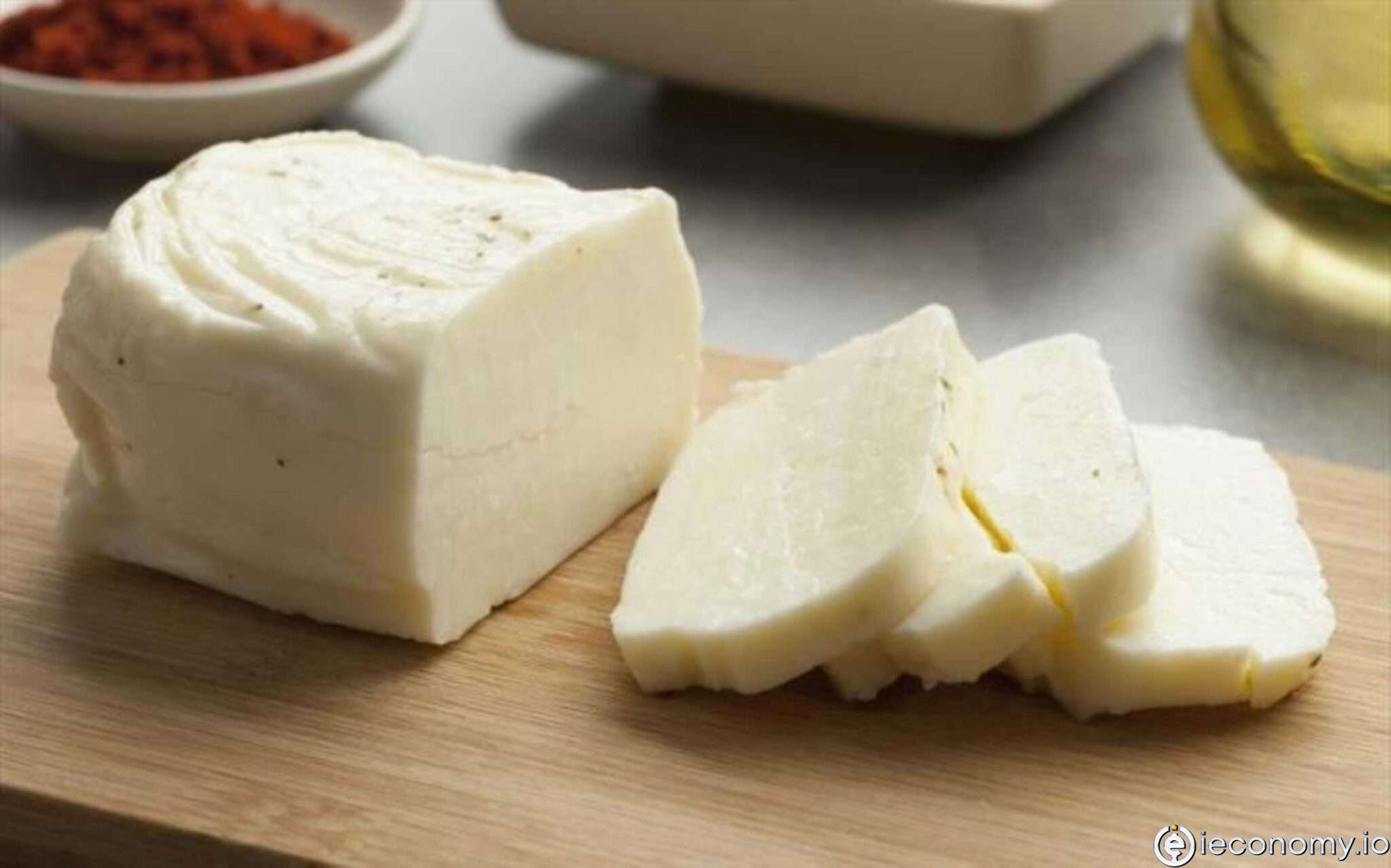4035
0
Halloumi cheese has caused unexpected problems in Cyprus
The new coronavirus pandemic has hit companies around the world hard. Halloumi cheese has caused unexpected problems in Cyprus.

Yazar: Tom Roberts
Yayınlanma: 29 Kasım 2021 01:24
Güncellenme: 18 Şubat 2026 07:49
Halloumi cheese has caused unexpected problems in Cyprus
The new coronavirus pandemic has hit companies around the world hard. Halloumi cheese has caused unexpected problems on the Mediterranean island of Cyprus. Restrictions associated with the pandemic have suppressed demand at home and abroad. The result is huge stocks of finished cheese in warehouses. Trade Minister Natas Pilides told lawmakers on Tuesday that producers already have more than six million kilos of unsold salted cheese in stock. Demand for it fell sharply last year as a result of blockades across Europe in the fight against COVID-19, which led to the closure of the hospitality sector and stifled tourism on the famous holiday island. The Cypriot government is now mobilizing its embassies abroad to help move stocks of halloumi - the island's largest and most famous export item - to other markets, the minister said. "Through the State Department, we have contacted all embassies to help eliminate stocks through bilateral agreements," he said. In April, after a seven-year campaign, the European Union registered halloumi as a Protected Designation of Origin (PDO) product. Although Cypriot cheese producers claim that exports are growing, they sell fresh products because if they unloaded old stocks to ordinary customers, prices would fall. "The possibility of sending larger quantities to our regular customers in the EU means that we would have to drastically reduce prices, which would lead to product degradation," Andreas Andreou, a representative of the Cyprus Dairy Association, told Financial Mirror. The authorities are therefore looking for markets outside the bloc. Distinctive salted cheese, which can be eaten fresh or grilled, brought record sales in 2020, up to 260 million euros in exports of 40,000 tons. This was a huge jump compared to 2013, when halloumi exports generated less than 76 million euros. Despite the pandemic, securing PDO registration is expected to support halloumi exports in the long run. Britain is the largest market for this cheese, "absorbing" about 50% of its exports. The second largest customer is Sweden. In July 2014, Cyprus applied to the European Commission for a PDO for cheese produced mainly from sheep's and / or goat's milk.İLGİLİ HABERLER





European stocks soared and focus shifted to German retail sales after Powell's speech!

Forex Signal For TRY/USD: Inflation Slowdown in November.

Forex Signal For GBP/USD: Bullish Trend Still Not Breaking While Recovery Continues.

Forex Signal For EUR/USD: Starry US Data Points to Higher Fed Increases.

Forex Signal For BTC/USD: Downside Continues as Bitcoin Recovery Moves Less.
En Popüler Haberler
Yorum Yap
Yorumlar
Henüz yorum yapan yok! İlk yorumu siz yapın...